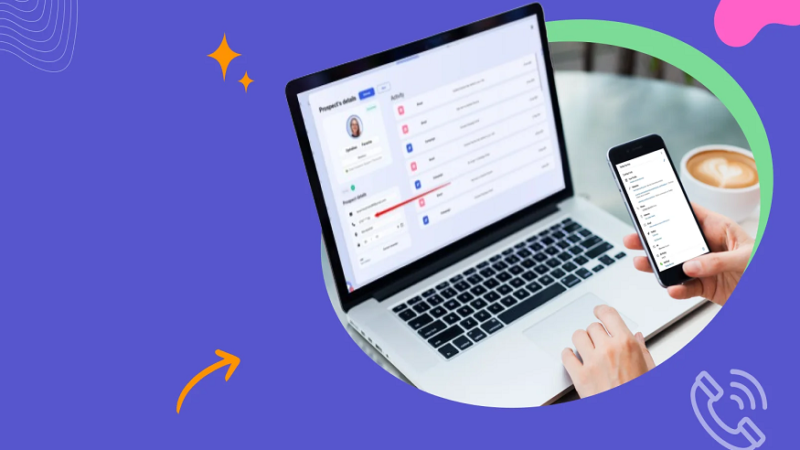The best cryptocurrencies inspired by online games

Bitcoin, Litecoin, and Ethereum, many new altcoins and tokens have attempted to reclaim the throne regarding cryptocurrencies as online gaming assets.
“You could run StarCraft on the blockchain. These kinds of things are possible. The high security and scalability level allows all these alternative things to be built on the main part of the blockchain. Ethereum has a very secure base layer without too many features and functions.” – Vitalik Buterin.
In this article, we will analyze cryptocurrencies inspired by free online games in development or that are already available from teams of developers worldwide.
APPROACHES RELATED TO CRYPTOCURRENCIES INSPIRED BY ONLINE GAMES
The only cryptocurrencies included in this article are those for general-purpose online games. Everything will focus on each cryptocurrency’s characteristics, concepts, and technical design, understanding the vision of each developer team analyzing the viability and technical merits of each cryptocurrency in question.
HERE IS A LIST OF THE BEST CRYPTOCURRENCIES INSPIRED BY FREE GAMES TO PLAY ONLINE!
GAME CREDITS
GameCredits was one of the oldest online gaming cryptocurrencies launched in 2014. Based on a hard fork of the Bitcoin code, GameCredits provides a basic API to create and get billing within online games. Provides an SDK for the Unity engine, which enables games to generate their billing API.
Unfortunately, users will have to leave the game and access a web browser to make the payment. You can buy digital currency in Dubai online with ease.
The coin also suffers from significant centralization risk, as its billing API can only be accessed using the GameCredits website and is closed source.
That is the single central point of failure, and all games that use the platform can find their payment system offline if the website is hacked or is offline.
GIGABYTE
Similar to Game Credits, this is another coin conceived from a Bitcoin hard fork. DigiByte has kept abreast of updates to the code and other altcoins. They have even implemented some features developed by the cryptocurrency. That’s why people buy digital currency in London online without getting into much trouble.
DigiByte has been responsible for some early attempts at being a gaming platform. DigiByte Gaming was a centralized rewards system for playing online games that sadly went offline due to a DDoS attack.
It seems that DigiByte’s recent focus has moved away from online gaming and cryptocurrency development in general, focused on other, more objective markets. They plan to relaunch DigiByte Gaming one day, but the website remains offline for months today.
ENJINCOIN
Enjincoin is an intriguing project from an experienced web company that claims to be in business for nine years and hosts a modern gamer social network with millions of users. Enjin has combined some of the best ideas with various currencies to make an ‘Ethereum Gaming World.’
Its goal is to enable trustless ownership of game items on the Ethereum blockchain. Enjin is doing this by allowing game developers to convert ENJ tokens into game assets and then granting all players the ability to settle their items back to the ENJ base cryptocurrency at any time.
It has the most ambitious road map of all online gaming cryptocurrencies reviewed, aiming to develop a smart wallet for in-game purchases, an intelligent trust contract for item exchanges, a plugin for Minecraft, and support for coins in its social network. Enjincoin’s platform architecture appears to be using a decentralized system and robust design.
Centralized functionality points remain on each game server to process your notifications.
The whitepaper describes future Unity, UDK, C #, and Java SDKs that provide a wide range of online game support.
They are also developing off-chain notifications to bypass transaction speed limitations on blockchains. Because now, you can buy digital currency in UK online.
In addition to the games SDK, Enjincoin is also creating web plugins for major forums and a PHP SDK for developers to create tools and websites that link to online games. The Android and iOS SDKs can also result in some cool apps.
The token has partnered with Bancor to exchange the blockchain and market tuning of any less liquid game item. Your use of the Bancor system is very novel and appropriate.
DMARKET
DMarket wants to create a market for online gaming assets using its tokens as a medium of exchange. The DMarket token will act as a payment method and a possible representation of the game items listed on your market.
Each game developer would integrate the Dmarket API into their game, allowing them to attach their game items to Dmarket tokens using a reference id/hash for each item type.
There are some issues with Dmarket’s design, leading to questioning the reasoning behind them adopting the blockchain in the first place. The blockchain is all about decentralized trust and Dmarket has too much centralization for comfort.
Dmarket wants online game developers and users to register on their centralized website (running on PHP, SQL, Node). This gives the company the power to control and supervise trading, which is totally contrary to the spirit of cryptocurrencies, which is decentralization.
Giving any company this advantage leads to possible abuse of power, threats from gaming companies or authorities using legal measures to shut down the exchange, and the ever-present fact that Dmarket may use its position to manipulate the market or sell ad space priority positioning. To the companies that pay them.
One major issue that can be noticed with their concept is that Dmarket’s primary goal is to trade in-game items, but their blockchain token is not solving any problems that couldn’t be done on their trading website. Centralized.
It provides a transaction book, but it is merely a fancy version of your existing trading website, full of buzzwords and an alternative method of paying your tokens as property.
The platform also hopes to use ‘Ethereum Oracles,’ which are another well-documented security and centralization risk. The author hopes that relying on an oracle on Dmarket’s smart contract platform does not compromise his token’s security. Any centralized functionality increases the potential surface attack by bad actors.
MOBILE
MobileGo is an offshoot of GameCredits. This project wants to circumvent the restrictions and high fees charged by mainstream mobile app stores by allowing Android users to set up a custom app store with a selection of associated games.
Payments for online games in the app store are made with Ethereum’s MobileGo token, and players can install their purchased games through the respective app store.
MobileGo uses a centralized platform to verify the hash of the game developer’s uploaded APK against copies from the official Google Play store and then download the version from Google Play directly.
The game developer can step aside with official Google app store fees while also allowing a proven selection of online games and providing more revenue for game developers.
MobileGo tries to splice in some value-added features for token owners, such as coupons and VIP tournaments. They also come up with a commodity market idea, but there has been no development or details in the whitepaper.
HEROCOIN
Herocoin seeks to address the world of decentralized sports betting. The platform aims to eliminate the ‘house’ advantage and revolves around the three types of users who can benefit from the betting platform: token owners, players, and game creators.
Token owners receive a passive income stream from all online gaming pools. Players receive their portion of the tournament pool if they win. The platform rewards game creators for facilitating and managing each game.
The contest implementation seems to be a solid concept, except that it is fully managed on your HeroSphere website. The author hopes that Herocoin will make an effort to provide fully decentralized access to this platform.






